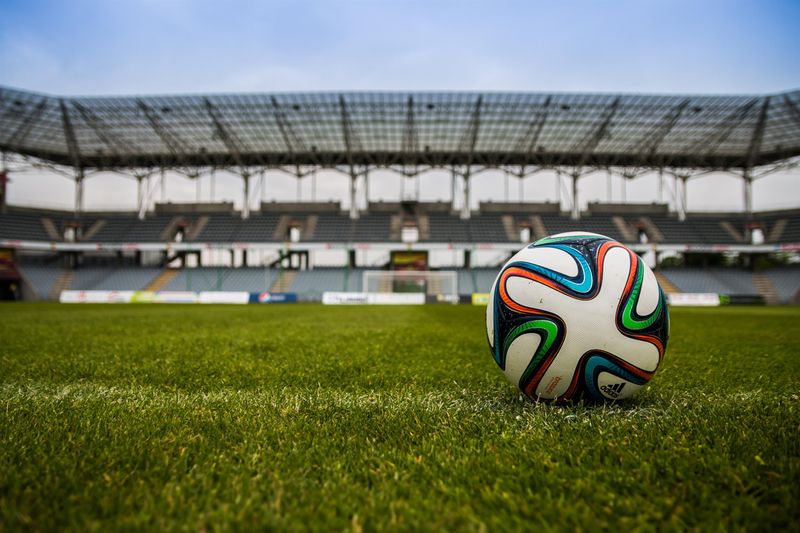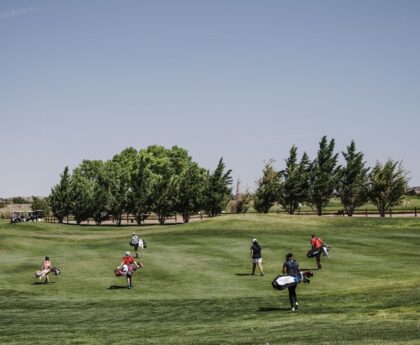Professional sports teams often experience an internal divide, but the drama enveloping the Philadelphia 76ers and Ben Simmons seems to be never-ending. Simmons, the former first-overall pick, who has yet to play in a basketball game since February, recently posted on his Instagram story, mocking the Sixers’ defeat against the Boston Celtics in the NBA Playoffs. Although it’s unclear why Simmons —who has been a disappointment in Brooklyn after getting traded to the Nets— would feel this way, the incident signals a persistent immaturity that is detrimental to his team’s performance.
Simmons had a slight dig at his former team for their dismal performance against the Celtics. He posted a shot of himself at home, watching the Sixers as they suffered a near-30-point defeat to get the postseason boot. “Brooklyn Nets Fed Up With Ben Simmons After 15 Games,” read one headline. Simmons wasn’t just watching the game; he was eager to watch the Sixers’ downfall.
Distractions in sports are far from uncommon, but when a player routinely causes them, it inevitably becomes a problem.
The problem here isn’t that Simmons criticized the Sixers or that he takes pleasure in their defeat; players can be competitive and reject friendly ties with their former teammates. In this particular incident, Simmons’ behavior stems from a pattern of behavior that distracts the team and lowers its performance.
It’s imperative for a winning team to have the right chemistry and the focus to win. Disrupting that dynamic can prevent good players from playing their best and affect the overall team performance. Simmons has been hampered by back injuries for a large part of his season, and his absence has affected his team’s chances of winning.
Injuries are often out of a player’s control, but distractions that stem from petty behavior are avoidable. In an NBA where drafting the right players and building a great team culture are critical to winning, personal differences need to be sorted out constructively.
When a team provides its players with an environment where they can thrive, they gain an advantage over their competitors. Simmons’ lack of self-awareness paints a divisive picture of the young player’s future, one that could cost him his entire career. By being more mature, Simmons could have established himself as a vital member of his new team. But by getting into petty bickering with his previous team, Simmons seems to be regressing.
In conclusion, basketball is a sport that requires mental and physical strength and discipline. When talented players allow distractions to pull them down, it affects their entire team and their ability to play their best. Simmons’ lack of maturity is not only impairing his team’s chances for success but becoming an obstacle to his own career development. By focusing on establishing mutual respect and fostering a winning team culture, Simmons can turn his fortunes around.

<< photo by Mihail Tregubov >>
You might want to read !
- “Bryce Harper’s Ejection and Phillies’ Loss to Rockies Heightens Tensions in Competing for Wild Card Spots”
- “Fan Violence in Football: Addressing the Root Causes of Spectator Aggression in Sporting Events”
- “Barcelona’s Triumph Marks a Resurgence in the Spanish League with its 27th Victory”
- “Game 6 Fury: Doc Rivers Laments Referee Blunders in 76ers’ Playoff Game Loss”
- “Battle of the West: Lakers vs Nuggets – A Comprehensive Guide to Game 1 and Series Odds, Schedule, and TV Channels”
- “The Battle of the Bigs: A Preview of the Highly-Anticipated Nuggets-Lakers Series”
- “Crunch Time: Get Ready for Sunday’s 76ers vs. Celtics Game 7”
- “Can Joel Embiid Lead the Sixers to Victory Against the Celtics in Game 7?”
- “Why Boston Celtics Defeat Philadelphia 76ers in Epic Game 7 Duel”
- From Dumpster Diving to Fame: Michael J. Fox’s Struggle in the Early Years
- “The Legend of Zelda: Tears of the Kingdom” Surpasses Its Predecessors with Stunning Graphics and Gameplay Improvements
- “Sevilla Shocks Juventus in Epic Showdown: A Look at the Teams’ Performances in May 11th Football Match”




